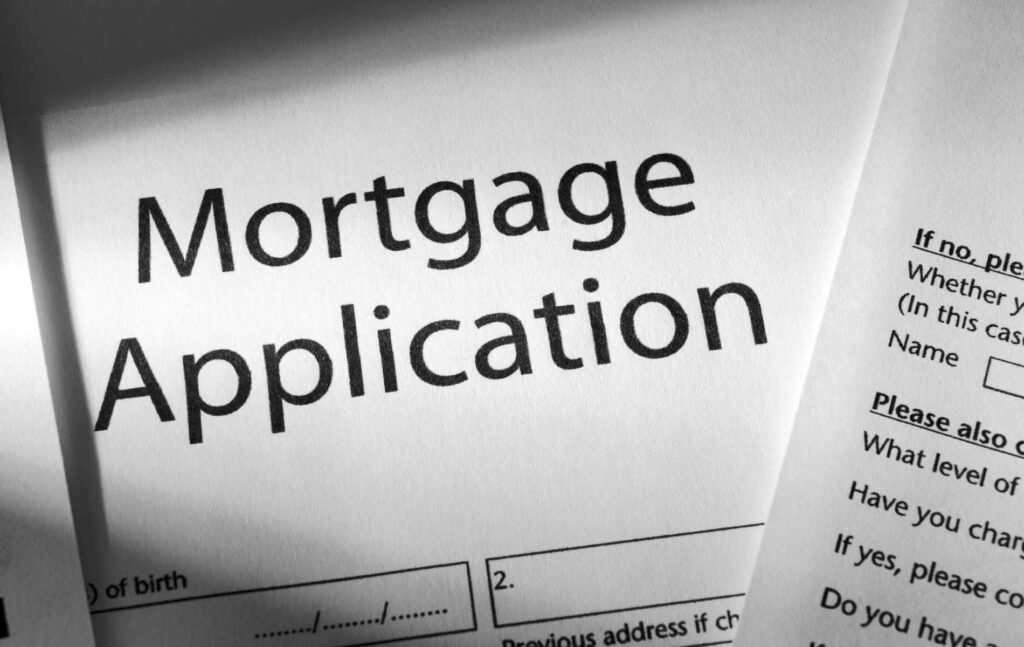Sales progression is a key part of the process of selling a property. This crucial stage between an offer being accepted and completion requires close management by your estate agent to ensure all parties work cohesively to conclude the sale successfully.
How the sales progression process is managed can be the deciding factor in whether a sale goes smoothly or not. But what does it involve and why is it so important?
Whether you’re a first-time seller or a seasoned mover, this guide will walk you through every step of the sales progression process, from accepted offer to completion.
What Does Sales Progression Mean?
Sales progression is the phase that begins once an offer has been accepted on a property and technically, ends on completion day. It’s all about keeping the transaction moving forward by coordinating between buyers, sellers, estate agents, solicitors, mortgage brokers and surveyors.
In essence, it’s the behind-the-scenes work that ensures your house sale doesn’t fall through and it often goes unnoticed until things go wrong.
Why Is Sales Progression So Important?
According to data from property industry sources, roughly one in three UK property sales ends unsuccessfully between offer and completion. This is often referred to as a ‘fall-through’.
Common reasons for fall-throughs include:
- Slow or poor communication
- Survey issues
- Mortgage delays
- Chain breakdowns
- Legal queries or paperwork bottlenecks
A good sales progressor mitigates these risks by actively managing the process, chasing updates and resolving problems early.

The Key Stages of Sales Progression in the UK
1. Offer Accepted and Memorandum of Sale Issued
Once an offer is accepted, the estate agent issues a Memorandum of Sale. This is a document that confirms the sale price and names all parties involved. It is shared with both sets of solicitors.

2. Solicitors Instructed
Both buyer and seller instruct their solicitors (also called conveyancers). The seller’s solicitor prepares the draft contract pack, which includes the property title, property information forms (TA6, TA10) and any relevant documents such as leasehold details or planning permissions.
3. Searches and Survey Booked
The buyer’s solicitor initiates local authority, environmental, and water/drainage searches, while the buyer arranges a survey or mortgage valuation. These are vital steps for uncovering any issues with the property’s structure or legal standing.

4. Enquiries and Legal Checks
The buyer’s solicitor reviews the contract pack and raises pre-contract enquiries – questions about boundaries, rights of way or alterations made to the property. Your solicitor must answer these promptly and thoroughly, sometimes gathering additional paperwork.
5. Mortgage Offer Issued
If the buyer is using a mortgage, the lender will process the application and issue a formal mortgage offer after conducting their checks. Delays here are common, so it’s crucial to follow up regularly.

6. Contracts Signed and Exchange Agreed
Once all enquiries are resolved and finances are in place, both parties will sign the contracts. A completion date is then agreed, and contracts are formally exchanged. At this point, the sale becomes legally binding.

7. Completion Day
On the agreed date, funds are transferred from the buyer to the seller via solicitors. Once confirmed, the buyer receives the keys and officially becomes the new owner.
This is completion, this is the final step in the sales progression process.

What to Expect from Your Estate Agent During Sales Progression
Many sellers assume that once an offer has been accepted, their estate agent’s job is done.
In reality, sales progression is where the hard work begins and the quality of your agent can make or break your experience. Your estate agent will oversee the entire conveyancing process, providing regular updates, chasing solicitors when necessary, and ensuring all parties in the chain stay aligned.
Tips for Buyers and Sellers to Speed Up the Process
While sales progression naturally involves multiple parties and formal steps, there are many ways buyers and sellers can actively speed up the process.
For sellers, instructing your solicitor early, even before an offer is accepted, can shave valuable weeks off the timeline. Make sure your property information forms are completed promptly and gather any supporting documents (planning permissions, warranties, building regs certificates) in advance.
Buyers can help by securing a mortgage agreement in principle early, booking their survey promptly and being available to answer legal or financial questions without delay.
When everyone is aligned and responsive, the sales progression journey becomes far less stressful and completion can happen in a timely fashion.

Common Pitfalls That Can Delay the Sales Progression Process
Even the most promising property sales can face setbacks between offer and completion. In fact, around one in three sales in the UK fall through at this stage.
Common causes include incomplete paperwork, delayed responses from solicitors, unexpected survey results and mortgage issues. If your buyer is part of a chain, a single delay in another transaction can stall the entire process – the sales progression process and the regular check-ins with all parties ensure that everything stays on track and that solutions are sought should things not go to plan.
From checking your TA6 and TA10 forms are properly completed to monitoring solicitor response times, a good sales progressor will actively manage the process to help you avoid the pitfalls that so often lead to disappointment.
Choosing an estate agent
Sales progression isn’t just a stage – it’s a skill.
From the moment an offer is accepted, we work behind the scenes to ensure every part of the chain keeps moving, seeking regular updates from solicitors, mortgage brokers, surveyors and even other estate agents involved.
Our clients receive regular progress reports, early warnings about potential issues and expert advice on how to keep things on track.
If you’re selling in Hammersmith, Chiswick, Shepherd’s Bush or elsewhere in West London, choosing the right estate agent can make all the difference.
Contact us for a no obligation discussion about your plans to move. Our team would be happy to discuss all of your options in more detail.





